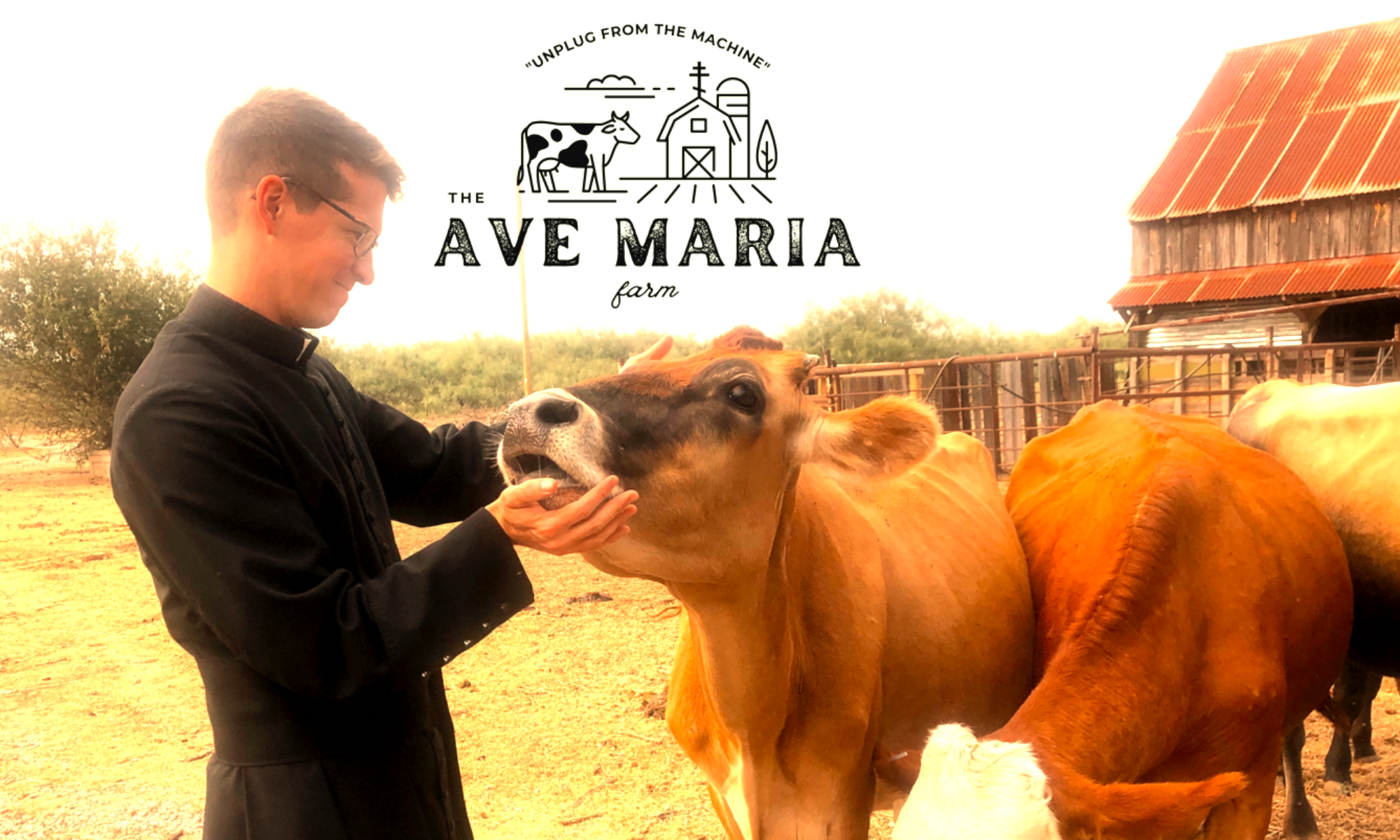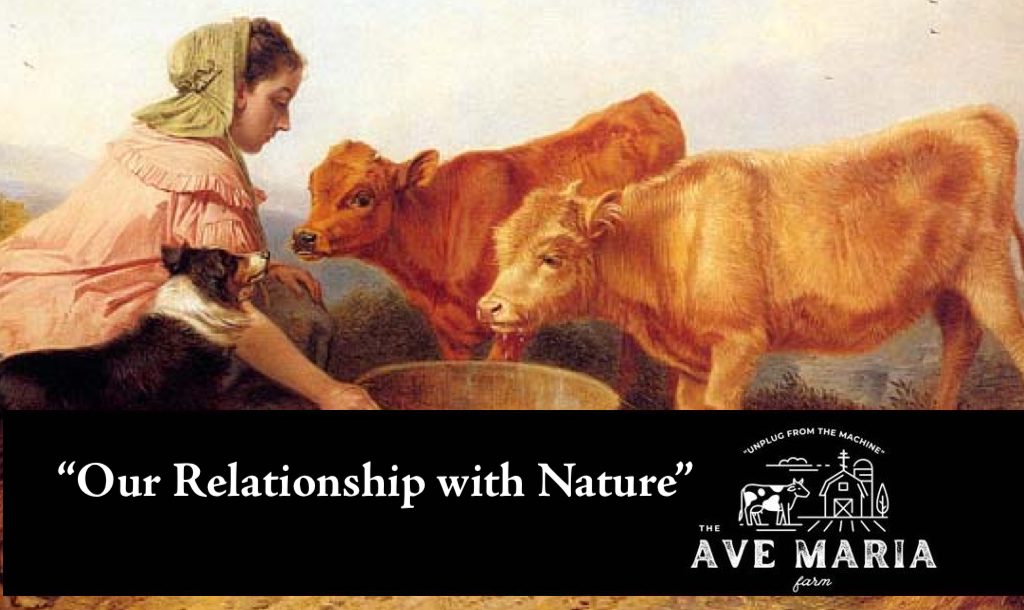“If you want to live a truly Christian life, you must inhabit the earth in a way that is mindful of the whole of creation — humanity in particular, but also the entirety of non-human creation, spiritual and material…The life in Christ entails a consciously holistic, deeply responsible approach to everything and everyone God has made” (Peter Bouteneff).
We Are Standing on Holy Ground: Our Place in the Environment
The universe is holy ground, and we must learn to stand in reverence and awe. The Christian path is a journey of cultivating a right relationship with everything, with God, fellow men and women, trees, birds, and the earth given us. Ultimately, we share a duty and vocation to be divine gardeners — to receive creation as a gift from God, to cherish it and learn from it, and to cultivate it as an offering back to God.
St. Maximus the Confessor that creation is charged with the “ineffable, supranatural and divine fire” of God (Theokritoff 57, Living in God’s Creation). This has enormous implications in the way we must live.
Orthodox Spirituality is Holistic and Palpable
“Environmental responsibility begins with living our faith in the most mundane details of everyday life. It begins with the realization that nothing is unspiritual and unworthy of God just because it is physical. The housewife making the sign of the Cross over a loaf before cutting it, or the grandmother censing the livestock at her evening prayers, show an awareness of God’s presence in his creation that we would do well to regain” (Theokritoff 28).
The Orthodox faith is always incarnational. It is an embodied religion, involving touch, smell, taste, and all the senses. It is not a faith concerned solely with invisible realities, because our Savior Himself is neither visible nor merely spiritual. God became flesh, and we meet Him as flesh within flesh. In this regard, Orthodoxy can be understand as “The Way” — the path of the right relationship with God and the universe.
Creation versus Nature
“[Creation] is the reality to which we ourselves belong, along with everything else from archangels and galaxies to caterpillars and quarks…we need a right understanding of the totality to which we and it belong — the created order” (Elizabeth Theokritoff 26).
We must never conceptualize two separate worlds: the physical and spiritual. Angles, spirits, trees, and frogs all inhabit the same universe. The ancients were closer to the truth by referring to the universe as “creation,” before modernists introduced the term “nature.” The latter implies a physical, closed world. The former implies a porous world open to, influenced, and permeated by spiritual forces.
Reformed Christianity’s Loss of Sacred Space
“In his book, The Environment and Christian Ethics, Michael Northcott describes the vanishing care for sacred space in the Protestant world. The reformers sought to “purge the landscape of the sacred and locate the site of God’s activity entirely in the individual self” (Theokritoff 27).
The Western Christian attitude towards creation was widely reshaped and damaged in the Reformation. Protestants gradually devalued and “flattened” creation with a two-dimensional universe. In its development, human society became secular and God and angelic beings were compartmentalized to a realm of “spirits.” In Orthodoxy, we embrace a “one story universe” where the divine and material overlap.
The Importance and Vocation of Creation
Matter matters. In his epistle to the Romans, St. Paul writes, “Creation waits with eager longing for the revealing of the sons of God. For the creation was subjected to futility, not willingly, but because of him who subjected it, in hope that the creation itself will be set free from its bondage to corruption and obtain the freedom of the glory of the children of God. For we know that the whole creation has been groaning together in the pains of childbirth until now” (8:19-22).
This scripture is not alone in the Old and New Testament in describing a will and personality in creation. Christ commanded the sea to calm — a verb, in Greek, which is personal and interactive. Christ and the sea “conversed” with one another, and the sea obeyed him, as a horse would its master. St. Paul’s words reveal that creation, “nature,” was harmed by sin and evil, and actively desires freedom and rebirth. In no way must we understand creation as temporary and impersonal. It has life, will, desires, and eternal purpose.
Theokritoff summed up St. Methodius’ position, “The inhabitants of the earth die so as to rise again; so something similar must be true of the cosmos.” St. Ephrem echoed this sentiment in his Hymn on Paradise.
“At our resurrection, both earth and heaven will God renew,
liberating all creatures, granting them paschal joy, along with us.
Upon our mother Earth, along with us, did he lay disgrace
when he placed on her, with the sinner, the curse;
so, together with the just, he will bless her too;
this nursing mother, along with her children, shall he who is Good renew.”
Creation anticipates its own “resurrection” (of a kind), similar to the resurrection of humankind. This restoration comes through the priestly hands of humanity, the gardener and lord, led by the true human, Jesus Christ. Our role in this restoration begins now. We share the duty, no less than Adam in Eden. We are the gardeners of creation.

